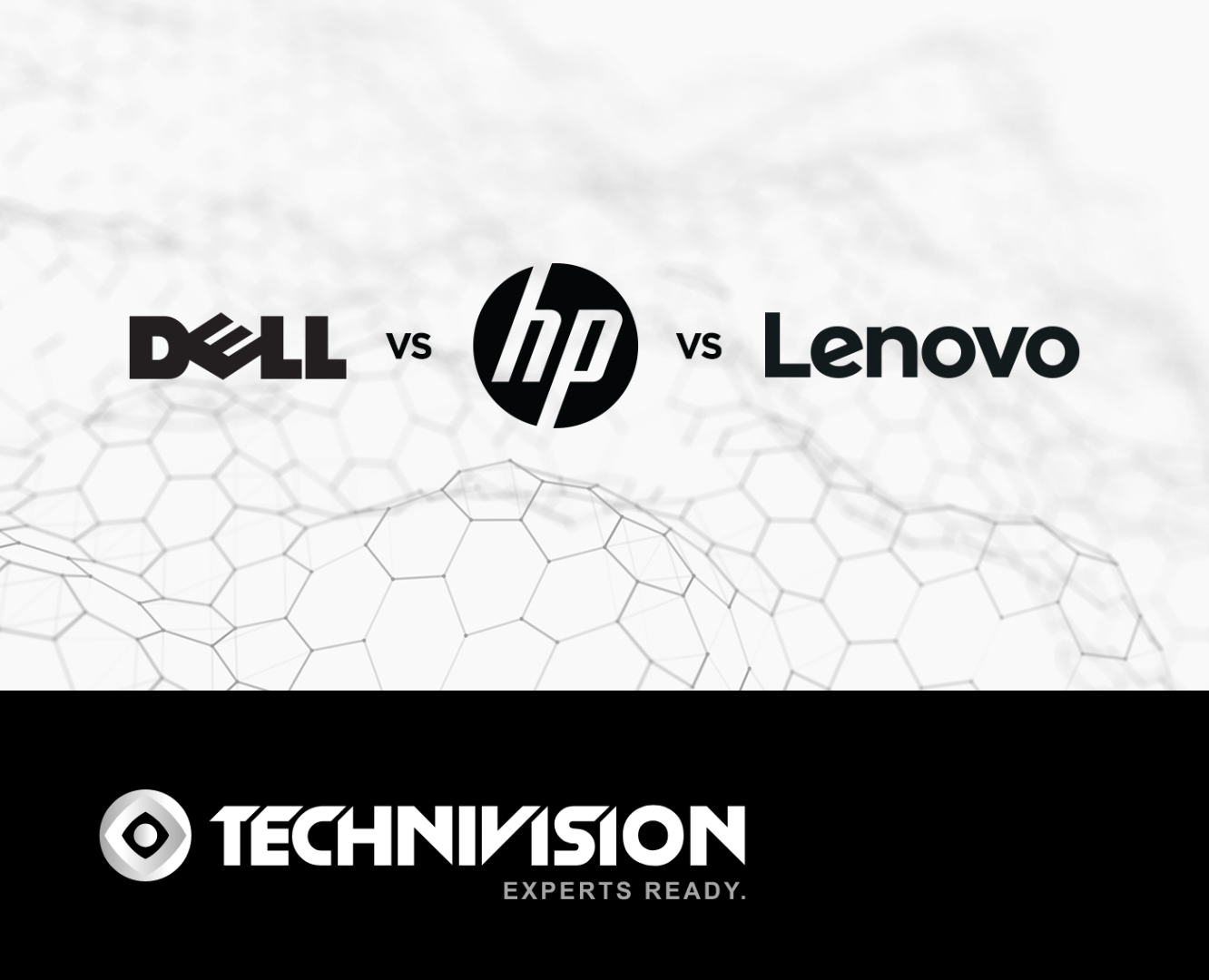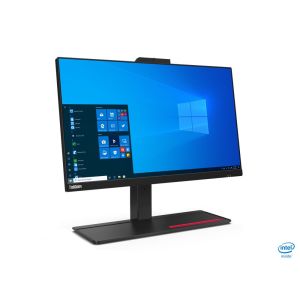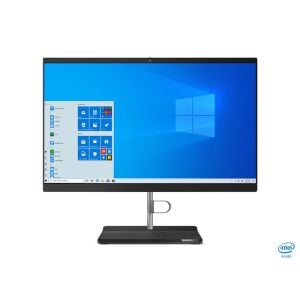All-in-One PC Comparison: Dell vs. Lenovo vs. HP

Unveiling the All-in-One PC Trinity: Dell, Lenovo, and HP Face Off
In the ever-evolving landscape of personal computing, All-in-One PCs have emerged as sleek, space-saving solutions that seamlessly integrate power and aesthetics. Dell, Lenovo, and HP stand out as titans in this realm, each offering a unique blend of features catering to diverse user needs. In this article, we'll delve into the world of All-in-One PCs, comparing the offerings from these three tech giants.
Design and Build Quality
All three manufacturers emphasize design and build quality, recognizing that the appearance of an All-in-One PC is as crucial as its performance. Dell's XPS series boasts an elegant, minimalist design, featuring edge-to-edge displays and premium materials. Lenovo's IdeaCentre series offers a more utilitarian approach with a focus on functionality, while HP's Pavilion All-in-One PCs strike a balance between aesthetics and practicality. Ultimately, the choice comes down to personal preference, with each brand delivering a distinctive visual appeal.
Display Technology
The display is the focal point of any All-in-One PC, and here, the trio employs different technologies to captivate users. Dell integrates vibrant InfinityEdge displays with impressive color accuracy, providing an immersive visual experience. Lenovo leverages its expertise in diverse display technologies, offering options like touchscreens, QHD, and even 4K displays to cater to various user preferences. HP, on the other hand, ensures versatility with micro-edge displays that enhance the viewing experience.
Performance
When it comes to performance, Dell, Lenovo, and HP bring their A-game. Dell's XPS series is powered by Intel's latest processors, coupled with ample RAM and SSD storage options for seamless multitasking and speedy performance. Lenovo's IdeaCentre All-in-One PCs provide a range of processor choices, including AMD and Intel options, allowing users to tailor performance to their specific needs. HP's Pavilion series strikes a balance, delivering reliable performance for everyday computing tasks.
User Experience
User experience encompasses various aspects, such as ease of use, software integration, and additional features. Dell, known for its commitment to user-friendly interfaces, ensures a smooth experience with optimized software integration. Lenovo adds a touch of convenience with its Smart Assist features, including facial recognition and voice command capabilities. HP, meanwhile, emphasizes the user experience through pre-installed software and user-friendly interfaces, making their All-in-One PCs accessible to a broad audience.
Connectivity and Expandability
In the realm of connectivity, Dell, Lenovo, and HP provide a diverse array of options to cater to users with different needs. Dell's XPS series is equipped with a range of ports, including USB-C and Thunderbolt for fast data transfer and connectivity with external devices. Lenovo's IdeaCentre series emphasizes connectivity with a variety of ports and expansion slots, ensuring users can easily connect peripherals and expand their All-in-One PC's capabilities. HP's Pavilion All-in-One PCs offer a balance between essential and advanced connectivity options, making them versatile solutions for various tasks.
Price Point
While the performance and features of All-in-One PCs are crucial, the price factor often plays a significant role in the decision-making process. Dell, Lenovo, and HP each offer a range of models at different price points, allowing users to find a suitable option based on their budget constraints. Dell's XPS series tends to be positioned at a premium price point, reflecting its high-end specifications and design. Lenovo's IdeaCentre series offers a more diverse pricing range, accommodating users with varying budget considerations. HP's Pavilion All-in-One PCs often strike a balance between performance and affordability, making them an attractive option for budget-conscious consumers.
Conclusion
In the realm of All-in-One PCs, Dell, Lenovo, and HP present compelling options, each with its unique strengths. Whether you prioritize design, performance, or budget, there's an All-in-One PC from these manufacturers that suits your needs. Dell's XPS series caters to those seeking premium design and top-tier performance, Lenovo's IdeaCentre series offers versatility and diverse display options, while HP's Pavilion All-in-One PCs strike a balance between features and affordability. Ultimately, the choice among these tech giants comes down to personal preferences and specific use cases, ensuring that there's an All-in-One PC for every user.











